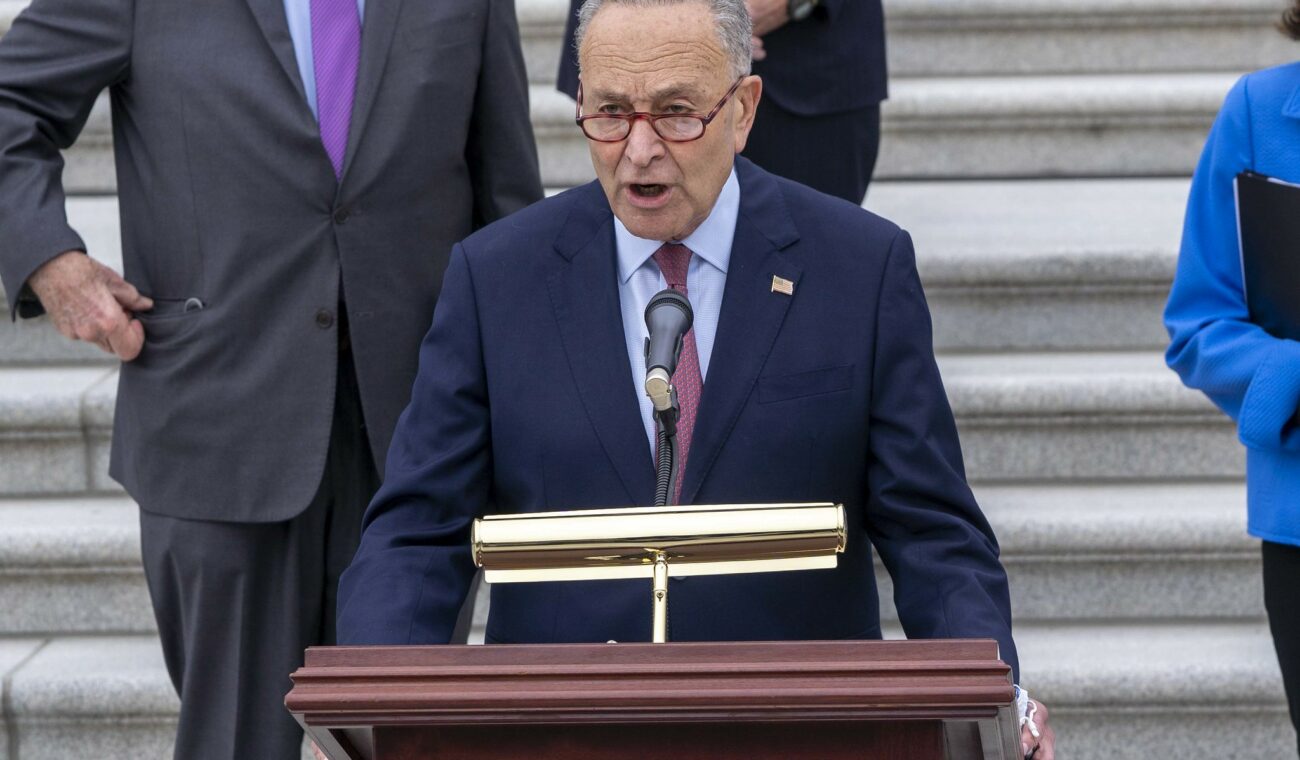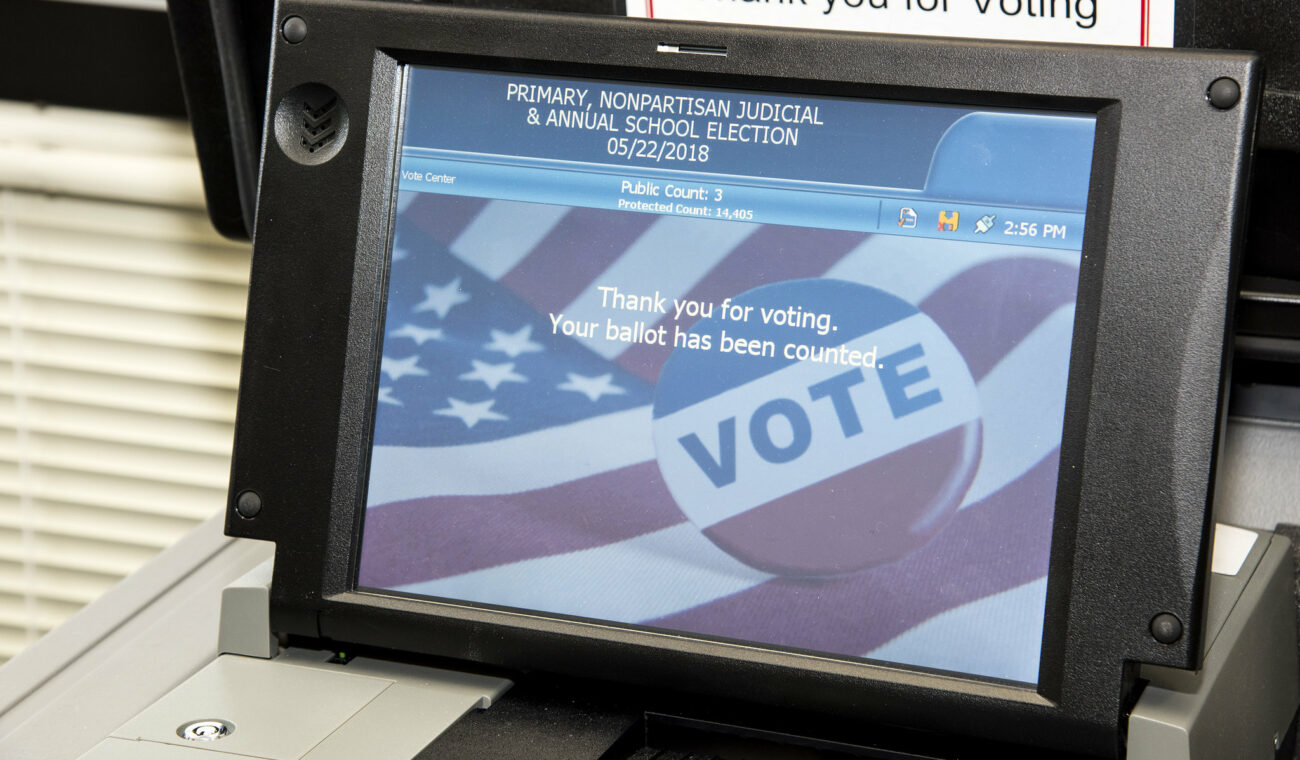Texas Lawmakers Pass Bill Restricting Voting Rights
Republicans in the Texas Senate have followed the House in passing, along party lines, a bill which voting rights advocates argue will unfairly restrict access to the ballot. The bill adds more identification requirements for mail-in voting, forbids unsolicited mailings of applications for mail-in ballots to eligible voters, and disallows drive-through voting and 24-hour voting. The bill has now been sent to Republican Governor Greg Abbot’s desk to be signed. Visit the Huffington Post to learn more. Image Credit: World Travel and Tourism Council (CC BY
Appeals Court blocks ruling that briefly expanded NC felon voting rights
A North Carolina state court of appeals has blocked an earlier ruling by a lower court which would have allowed felons to vote in the state upon release from prison, regardless of whether they had finished their probation or parole or paid off all related fines and fees. The decision by the lower court would have re-enfranchised roughly 56,000 people, but, pending the results of a lawsuit disputing the court of appeals’ decision, those North Carolinians remain unable to vote.Visit WRAL to learn more. Image
Progressives push Senate Democrats to nix filibuster ahead of voting rights fight
Now that Senate Democrats have missed their self-drawn August deadline for advancing voting rights reform, a coalition of more than 100 progressive groups are redoubling a campaign to pressure the party to eliminate the filibuster when the legislative body returns to work in September. “Fix Our Senate” leads the advocacy groups for lowering the requirement to end debate in the Senate from 60 votes to 51. They argue that, if this is not done, Democrats will miss their chance to protect voting rights in
Democrats unveil plan to update landmark voting law
US Representative Terri Sewell (D-AL-07) has officially introduced a bill designed to restore the Department of Justice’s authority to inspect and then approve or reject changes to elections laws from states who are determined to have a history of voter discrimination. The so-called John Lewis Voting Rights Advancement Act would update the legal formula used to determine if a state had a recent history of voter discrimination. An earlier formula employed by the Department of Justice was invalidated by the Supreme Court in 2013.
Arizona County seeks reimbursement for new voting machines
Maricopa County’s Board of Election Supervisors is calling for the Arizona Senate to reimburse it for the $2.8 million cost of replacing vote-counting machines. Seeking to investigate unsubstantiated claims of voter fraud in the 2020 election, Republicans in the Arizona Senate had arranged for the machines to be inspected by an organization that was not certified to handle the election equipment. In response to the demands from Maricopa County, the Arizona Senate President has argued that the machines were not damaged or tampered with





